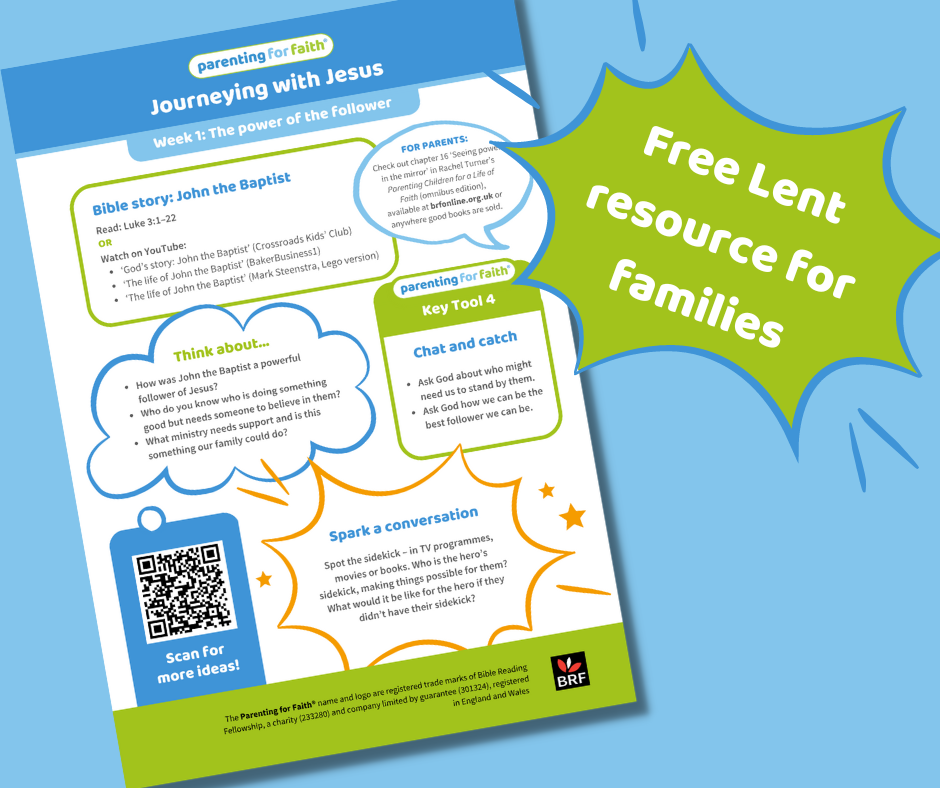Bible in Ten author Dave Kitchen turns his attention to the gospels in the second of his articles on the beautiful book.
5 March 2023
Four to one
One of my best friends, Allan, is a harp-maker by trade and the occasional writer of pretty good gospel songs. He is also the person who complains to me most frequently about the four gospels.
‘Why four of them?’ he demands, with unerring frequency. ‘One would be enough.’ Then he pauses to see how I’ll respond.
At that point, I tend to talk about the gospel I like the most. Often, I opt for Luke, because it’s got a soft spot for the underdog. On other days, I suggest Mark because of its urgent realism and terrific pace. Now and then, I suggest John, because it’s the one that makes me reflect a little bit more.
But I always end up telling Allan [pictured with Dave, right] that I don’t really want to choose like that anymore than I would want to choose between my children (however much I may be tempted to now and then!) This never pleases him, because he’s seen the parts which don’t fit together easily and thinks we might be better with just one.

A few rough edges
Then, the other day, I suddenly realised that he was looking at the gospels as a harp-maker would. In his trade, everything has to fit together perfectly if you want the sound to be beautiful. And, with Allan’s harps, the music is truly lovely. But, sometimes, a few rough edges are what you need. If I were to read a perfect gospel, I’d be immediately suspicious that someone had doctored the story to make it neat and tidy. Clearly you can’t accuse the four gospel writers of that.
In Bible in Ten, I mention starting a gospel journey with Mark. Early records suggest it was written in Rome when Nero, the emperor, started throwing Christians to the lions. What had been seen and heard about Jesus needed to be written down. This is probably the gospel that takes us closest in time to the life of Jesus himself. And my favourite moment in Mark is an incident that I’d skipped over for decades without thinking about it.
‘If I were to read a perfect gospel, I’d be immediately suspicious that someone had doctored the story to make it neat and tidy.’
It’s a verse towards the end of his account of Jesus being arrested in Gethsemane, just after all the disciples have fled and Jesus is being led away. Mark records that a young man dressed only in nightwear (a linen cloth) was following Jesus and ran away naked leaving the cloth behind when the soldiers tried to arrest him. It’s a detail that makes little sense unless Mark was actually there… and presumably not supposed to be. It’s moments like that which help me to imagine better what it was like to be there all those years ago.
Understandably, none of the other gospel writers repeat the story because it doesn’t resonate for them. Lose Mark’s gospel and you lose little personal details like that.
‘Lose Mark’s gospel and you lose personal details like that.’
Luke: the gospel for everyone
And what might not have made the cut from Luke if some Early Church Fathers had synthesised the four gospels into just one? I suspect it would be some of the very full detail Luke provides of the time leading up to the birth of Jesus. That way we could have missed out on the poem that tells us what it was like to be Mary.
God took one look at me – someone who was no one –
And filled my soul with dancing joy.
From this day on, people will look at what God has done
And call me blessed.
The proud stumble, the rich lose out, leaders fall to earth
But the poor and hungry find all they need.
God’s promises are coming through;
The world has turned and mercy is the winner.
Writing a poem for Bible in Ten to capture the heart of the Magnificat was an absolute pleasure, albeit a challenging one. Trying to sum up each of the gospels at the end of my introductions to them was altogether more difficult. I set myself the target of doing it in less than 100 words!
Here’s what I managed for Luke:
Luke – a book that shares plenty of material with Mark but pays special attention to the troubled, unloved and plain unlikely. This account includes characters who many people might reckon are not good enough, and parables that turn normal thinking upside down. It’s the gospel for everyone, no matter how far they’ve wandered, no matter how confused they’ve become.
Dead men don’t eat fish
When you’re trying to introduce something briefly, you’re inevitably looking for what stands out. In Matthew, the teaching in Galilee takes up a major part of the book. I knew that well enough but I don’t think I’d ever realised how straightforward and to the point it could be. Here’s just a taste:
If you feel you understand hardly anything about God, be reassured because heaven is designed for you. If you’ve lost the ones you loved, be comforted: God will fold his arms around you. And if you make space for others, God will make space for you.
How the gospels come to a close is fascinating as well. Luke’s final chapter has Jesus teaching his disciples but also asking for a snack. It’s as if he wants to put up a large sign for them that says: Dead men don’t eat fish.
John is even more interesting. He comes to a natural and very tidy finish at the end of chapter 20 after the story of Thomas meeting the risen Jesus and declaring his faith. A final paragraph about everyone’s faith ties it all up.
Then he starts again. It’s as if he’s kicking himself for not telling the story about Peter and Jesus in Galilee. When he’s added the scene and a bit more, he has to admit that so much happened no book in the world could hold everything there is to say.
‘We have enough – enough to live by; enough to walk the roads of this life with Jesus.’
In that way, the four gospels conclude with a sense that they can never be complete, they can never be perfectly finished in the way that a harp can be. It doesn’t matter. We have enough – enough to live by; enough to walk the roads of this life with Jesus, just as his first followers did.

David Kitchen is an award-winning writer, broadcaster, teacher and storyteller who has been making the Bible come alive for longer than he cares to remember. In Bible in Ten he combines his down-to-earth writing skills with almost 50 years’ experience in church leadership and worship. His hobbies include music, poetry and playing crawling-up-stairs games with his grandson.


Journeying with Jesus
Seven weeks of free Lent resources for families
Written by Becky Sedgwick, for parents, grandparents and carers, ‘Journeying with Jesus’ is now available as a handy download, to print out or save on your phone, so that it’s ready and waiting for when you need it. It features a smorgasbord of different ideas, and some fascinating hidden gems, so you can pick what will work best for your family and those in your care.

Say it with flowers
If you are ordering flowers and bouquets for any occasion, you can now support us by ordering them from The Real Flower Company, the same rose grower who produced the BRF Rose. Order any size bouquet and BRF will receive £5 from The Real Flower Company at no extra cost to you! Just use code BRF5 at checkout.
NB: Only applies to flowers. Does not apply to gifts such as sparkling wine, chocolates, etc.
